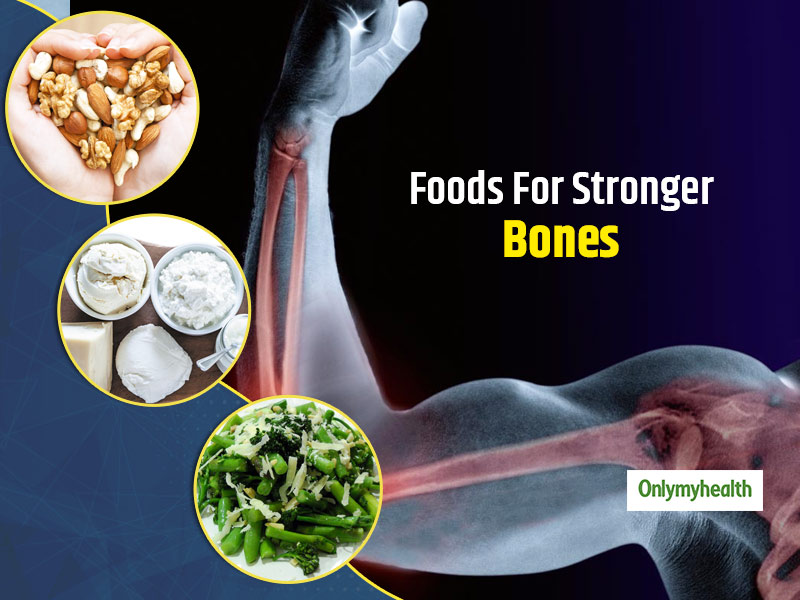
Understanding Digestive Disorders and Implementing Dietary Tips for Relief:
Digestive disorders can significantly impact one’s quality of life, leading to discomfort and disruptions in daily routines. However, adopting specific dietary tips can play a crucial role in managing digestive issues and promoting overall gut health. Let’s explore some essential strategies for optimizing digestive health through mindful eating.
Identifying Common Digestive Disorders:
Digestive disorders encompass a range of conditions, including irritable bowel syndrome (IBS), acid reflux, constipation, and inflammatory bowel diseases. These conditions can cause symptoms like bloating, gas, abdominal pain, and irregular bowel movements. Understanding the specific nature of your digestive issues is the first step in formulating an effective dietary plan.
Mindful Eating for Digestive Wellness:
Mindful eating involves paying attention to what and how you eat. Chewing food thoroughly, eating at a moderate pace, and savoring each bite can aid digestion. Additionally, being mindful of portion sizes and avoiding overeating can contribute to improved digestive comfort.
Fiber-Rich Diet for Regular Bowel Movements:
A diet rich in fiber is essential for maintaining regular bowel movements and preventing constipation. Whole grains, fruits, vegetables, and legumes are excellent sources of dietary fiber. Including these foods in your daily meals can provide the necessary bulk to support healthy digestion.
Hydration and Its Impact on Digestion:
Adequate hydration is fundamental for digestive health. Water helps soften stool, making it easier to pass, and supports the overall digestive process. Aim to drink plenty of water throughout the day, especially if you consume a high-fiber diet.
Probiotics for Gut Health:
Probiotics are beneficial bacteria that promote a healthy balance in the gut microbiota. They can be found in fermented foods like yogurt, kefir, sauerkraut, and kimchi. Including probiotic-rich foods in your diet can support the maintenance of a healthy gut environment.
Limiting Trigger Foods for Acid Reflux:
For those dealing with acid reflux, identifying and avoiding trigger foods is crucial. Common triggers include spicy foods, citrus fruits, caffeine, and fatty or fried foods. Making conscious choices to limit these items can help manage acid reflux symptoms.
Low-FODMAP Diet for IBS:
Individuals with irritable bowel syndrome (IBS) may benefit from a low-FODMAP diet. FODMAPs are fermentable carbohydrates that can trigger digestive symptoms. By reducing the intake of high-FODMAP foods, individuals with IBS can often alleviate symptoms and improve overall digestive comfort.
Balancing Macronutrients for Gut Health:
A well-balanced diet that includes a mix of carbohydrates, proteins, and healthy fats supports overall gut health. Each macronutrient plays a role in digestion and nutrient absorption. Opting for whole, nutrient-dense foods ensures a diverse range of essential nutrients.
Consulting a Healthcare Professional:
While these dietary tips can provide general guidance, it’s crucial to consult with a healthcare professional, especially if you experience persistent or severe digestive issues. A healthcare provider can help identify specific triggers, recommend personalized dietary adjustments, and rule out any underlying medical conditions.
Link to Digestive Disorders and Dietary Tips:
For a comprehensive guide on managing digestive disorders through dietary strategies, visit Digestive disorders and dietary tips. This resource offers valuable insights, meal plans, and expert advice to support your journey toward improved digestive health.





